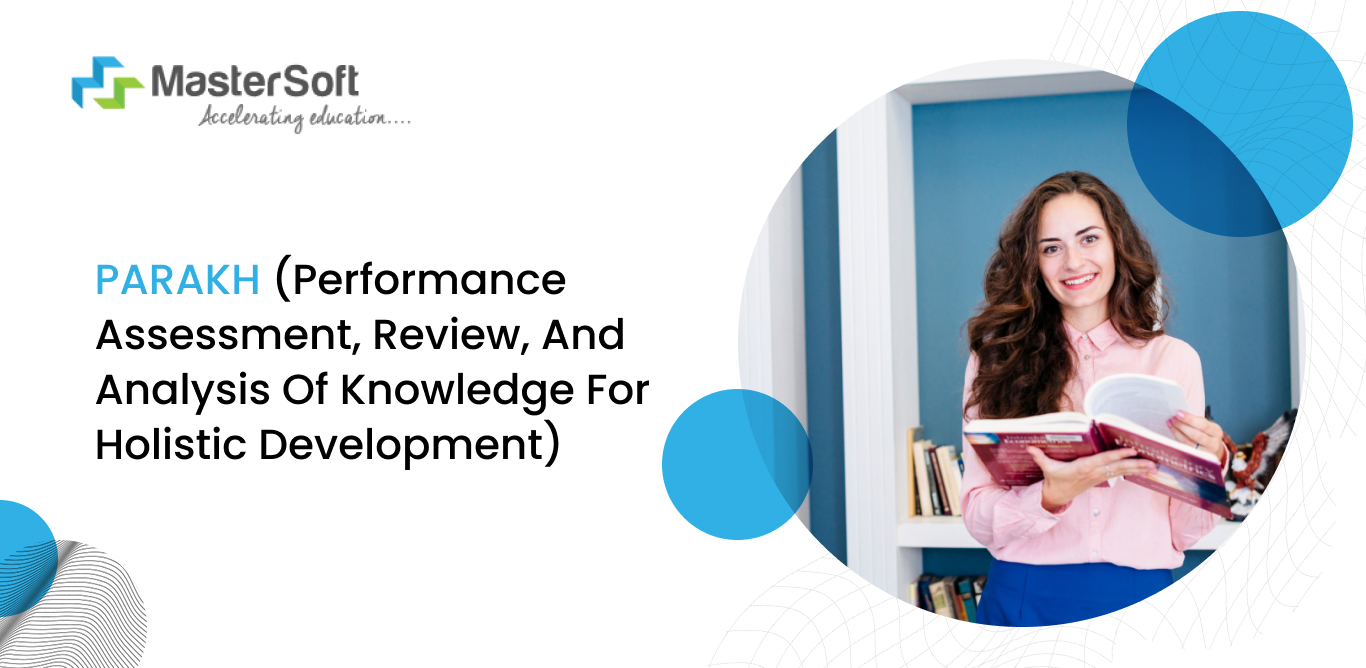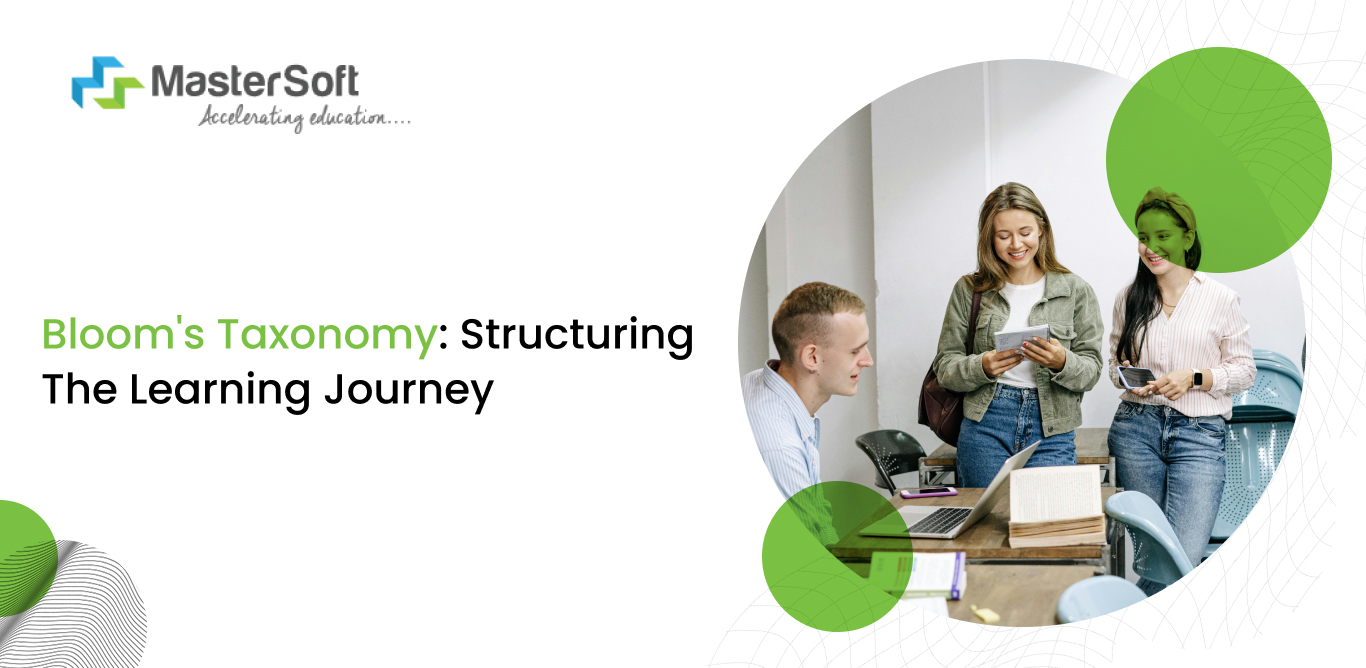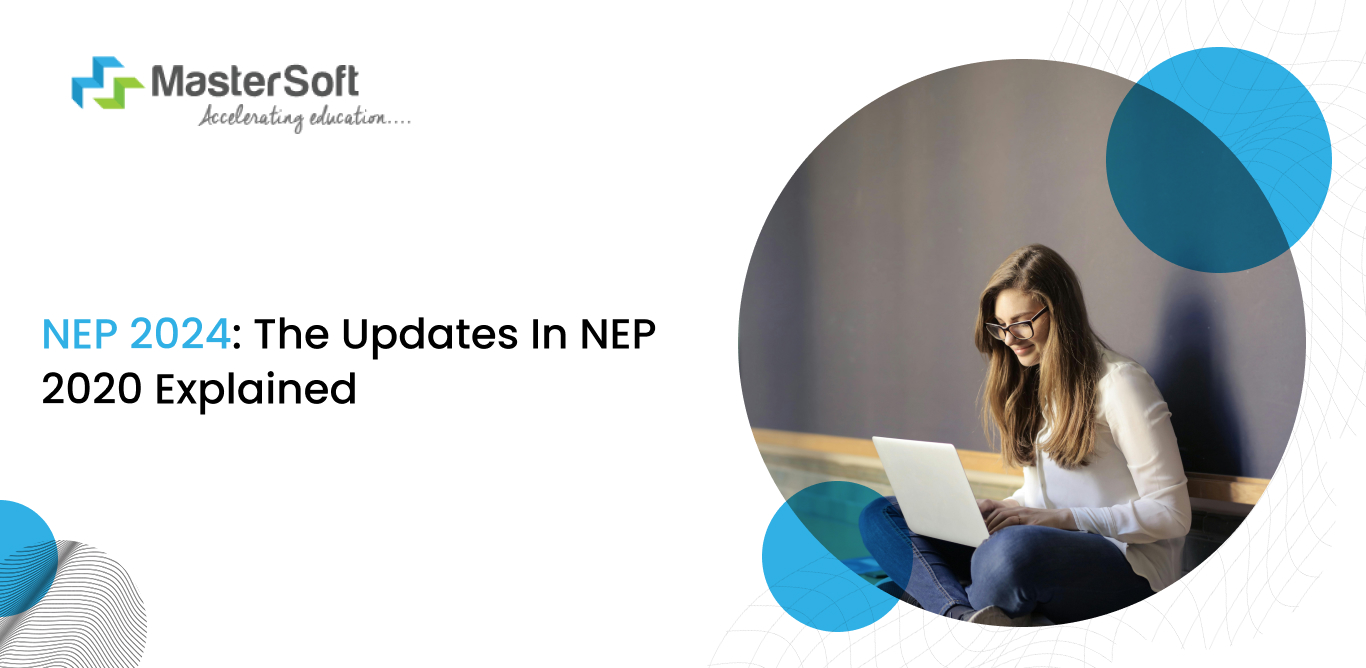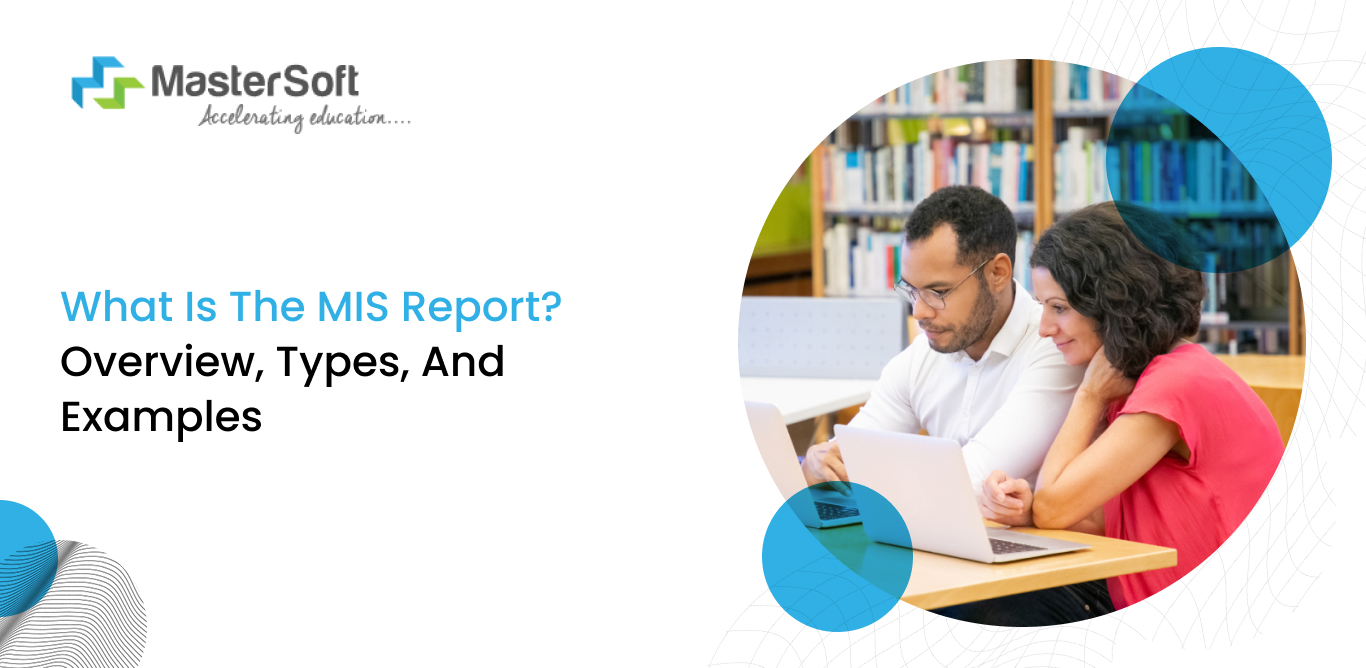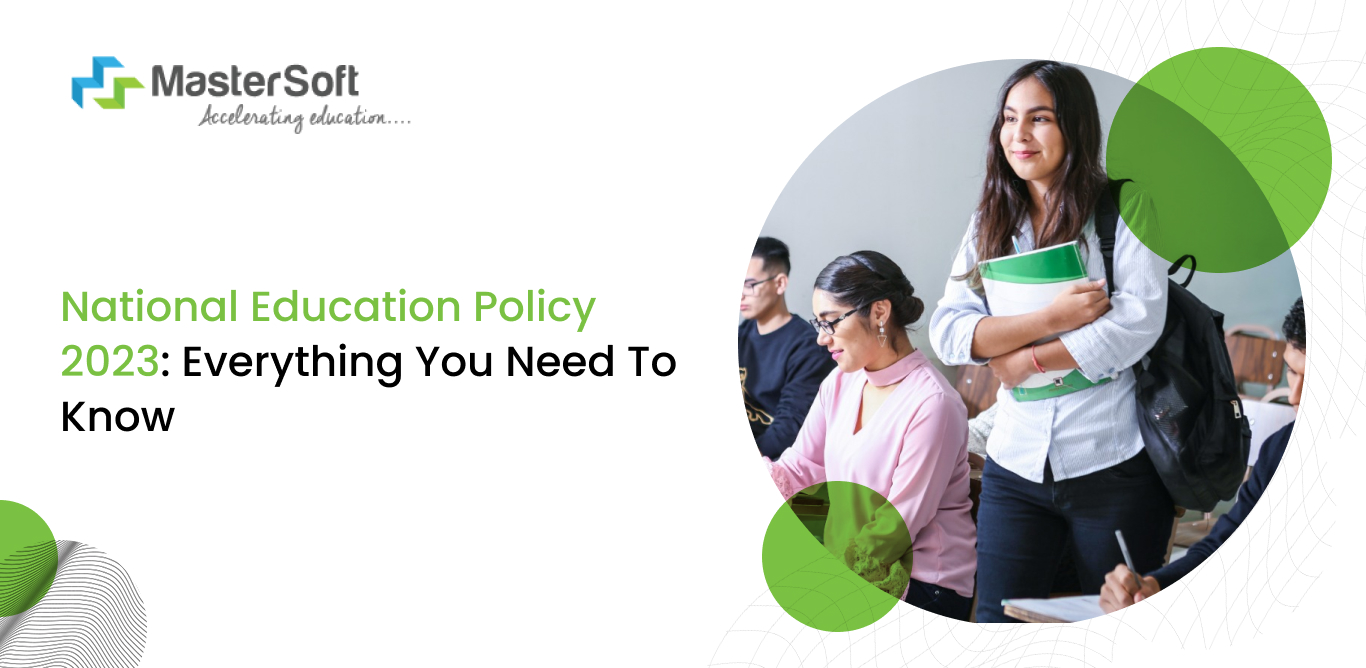05, August 2024
Examinations are key to determining student progress and ascertaining whether they have made any improvements. However, outdated assessment mechanisms hardly assess anything beyond subject-based knowledge.
A modern and strategic evaluation system that assesses students’ overall development across academics, skills, and knowledge is the need of the hour. Therefore, PARAKH, which has been established under NCERT, is an important initiative to improve the Indian examination structure.
What is PARAKH?
PARAKH, or Performance Assessment, Review, and Analysis of Knowledge for Holistic Development, is an organisation for examination evaluation. NCERT launched it as a critical component of improving one of the crucial educational practices.
An important objective of the organisation is to bring multiple school examination boards from various states and union territories together on a unified platform. It will serve as a standard-setting and regulating authority for assessment patterns, research activities, etc.
In addition, they will also be responsible for setting curriculum standards, evaluating methodologies to elevate credibility, etc.
Core Objectives of PARAKH
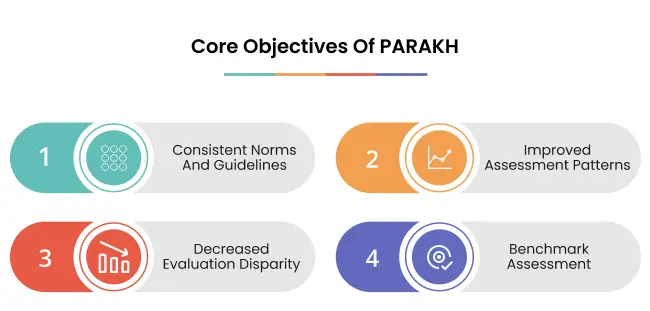
Consistent norms and guidelines
Establishing specific norms, standards, and guidelines to develop and implement student assessments and evaluations across all recognised school boards.
Improved Assessment Patterns
Moving away from outdated examination methods and adopting unique assessment methods that evaluate beyond academic performance. It assesses relevant skills and competencies.
Decreased Evaluation Disparity
One of the primary objectives of PARAKH lies in establishing a uniform student evaluation system across state and central boards. Also, it aims to reduce the evaluation disparity that mainly results from the different evaluation standards.
Benchmark Assessment
Incorporating benchmark assessment as a strategy to eliminate rote learning and create an improved teaching and learning process. At the same time, use well-planned classroom activities and formative assessments to assess student progress.
Why is PARAKH important?
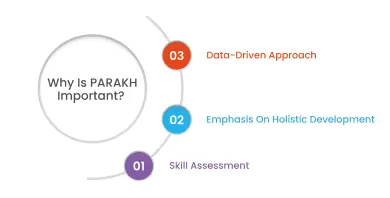
Skill Assessment
Studying for the sole purpose of memorising subject material and regurgitating on exams is an old practice that has no real value. Besides, it serves to examine students’ subject knowledge, and they may or may not have an understanding of the underlying concepts.
Therefore, establishing a connection between the subject material and its real-life context is imminent. At the same time, utilising strategies to foster accompanying skills is a central idea that PARAKH emphasises.
For instance, teachers can implement activities that allow them to assess students’ capability to analyse information. They present them with scenarios wherein students can use their analytical abilities to find appropriate solutions.
NEP 2024: The Updates in NEP 2020 Explained
Besides, teachers must evaluate students’ creativity and innovation by checking the latter’s problem-solving skills. They can address the following questions:
- Do the students think outside the box?
- Are the current educational approaches sufficient to stimulate creative thinking?
Emphasis on Holistic Development
The concept of education has an overarching significance, touching all aspects of a student's being, including academics and personality. That is exactly what NEP 2020 emphasises through its holistic development evaluation mechanism.
The objective is to prepare well-rounded individuals, which is only possible if institutes and teachers collaborate to ensure social-emotional learning. One of the first steps includes addressing the relevant issues related to the lack of social skills.
Also, teachers implement collaborative exercises such as group activities as part of the examination process. In effect, teachers can observe learners’ communication skills and socio-emotional abilities.
Physical development is equally important for the students; hence, providing them with opportunities to participate in physical activities is crucial. Furthermore, promoting the habit of healthy physical habits will motivate them to maintain self-discipline.
Data-Driven Approach
Although a student-centric education system has become a primary approach, implementing and sustaining it can be challenging. The difficulty lies in ineffective execution due to a lack of proper training and resources.
Fortunately, teachers and institutes can leverage tech-enabled assessment data and analytics reports to identify areas for improvement. For example, they can determine skill deficiencies in specific disciplines, a lack of relevant competencies, etc.
Therefore, they can develop and implement suitable action plans and targeted interventions to mitigate the weaknesses. Identifying individual student requirements and tailoring instructional approaches accordingly is another useful technique.
NIRF Ranking: National Institute Ranking Framework - Everything You Need to Know!
The Role of Holistic Progress Cards in PARAKH
Strategies for the holistic development of students must include mechanisms to measure different aspects. Therefore, NCERT incorporated a new Holistic Progress Card (HPC), which will be instrumental in a student’s progress in:
- Academic Performance
- Interpersonal Relationships
- Self-Reflection
- Creativity
- Emotional Applications in Classrooms
In fact, the HPC model will transform the way institutes evaluate students' academic performance. There will be a gradual shift from the traditional marks or grades. On the contrary, a comprehensive 360-degree evaluation system will be central to the approach.
Furthermore, HPC will focus on the various aspects while determining the progress in the same.
| Knowledge | Skills/Competencies | Attitudes/Values | Transformative Competencies |
|---|---|---|---|
| Interdisciplinary | Cognitive | Principles, beliefs, and choices towards | Meet the challenges of the 21st century |
| Disciplinary | Metacognitive | Individuals | Well-being and sustainability |
| Epistemic | Social & Emotional | Societal | Shape a better future |
| Procedural | Practical | Environmental well-being | Creating new values |
| Physical | Reconciling Tensions |
Significant Features of the Holistic Progress Card
According to the HPC model, students will engage in class activities where they will apply a wide range of competencies and skills. In effect, it will allow the teachers to assess students' understanding of concepts.
Teachers will assess students' strengths and weaknesses across different areas, including collaboration, creativity, attention, empathy, and preparedness.
Students will play a crucial role in the evaluation process through the self-evaluation mechanism. Also, peer review will help students assess each other's performance, giving them insights.
HPC incorporates parental input through feedback on various aspects of their child’s learning. For instance, homework, assignments, projects, participation in classroom activities, etc.
Similar to how NIRF includes a set of parameters for institutional excellence, PARAKH also provides directives for student assessments. For instance, various classroom assessment methods, including projects, experiments, presentations, investigations, role plays, etc.
Outcomes of Recent Workshops
PARAKH conducted regional workshops between June and August 2023, wherein the facilitators collected data. Besides, the data focused on the domains of curriculum, infrastructure, assessments, and administration.
The organisation (PARAKH) used two tools—an equivalence questionnaire and question paper template analysis—to analyse the data. In effect, they prepare a report reflecting the following areas and objectives:
Equivalence of Boards
The Centre plans to establish the equivalence of boards, which helps students transition across different educational boards.
Shifting from an Outdated and Ineffective Examination System
The workshop indicated the necessity of analysing the existing rote examination culture in the education system. It emphasised the significance of holistic assessments to measure various aspects of students' abilities and potential.
Standardisation in Assessments
Developing well-designed and standardised question papers was central to the discussion of the workshop. A crucial motive is to ensure consistency and fairness across schools and boards.
Hence, teachers and institutes can maintain a balance between formative and summative assessments. Consequently, it will decrease the burden of high-stakes examinations and ensure student progress simultaneously.
In Conclusion
PARAKH (Performance Assessment, Review, and Analysis of Knowledge for Holistic Development) is a significant step to improve the assessment system. It will help to establish uniform assessment techniques across different school boards.
Also, it is a significant move towards establishing an equitable and comprehensive examination system.
Want to enhance students’ thinking abilities but don’t know where to start? Learn More
Mobile: 08448010216
Email: janki.somani@iitms.co.in

